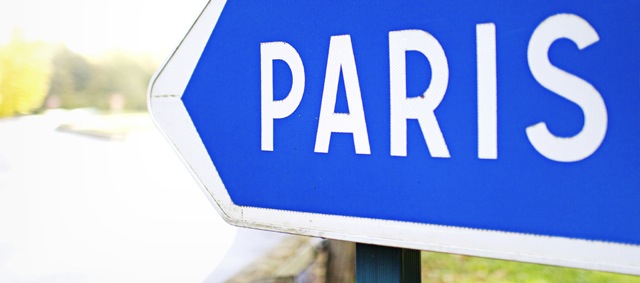“Enough talking, let’s get to work”, say the co-chairs of the climate negotiations
This is, in one line, the message that the top UN climate negotiations officials have attempted to send to governments in their “note on progress” circulated this week. Before passing on the baton to the new co-chairs (EU’s Artur Runge-Metzge and Trinidad’s Kishan Kumarsingh), the current officials highlighted the most crucial element that will determine whether governments can successfully adopt a global climate agreement in 2015: the willingness to engage in constructive negotiations.
Since the 2011 reset of the climate negotiations, the discussions have been often described as in a “conversation” or even “meditation” phase. While retiring from their function as facilitators of this process, the co-chairs already shared their frustrations with the pace of the negotiations at the end of the June session. Jayant Mouskar (India) highlighted that “it is time to have some activities into more formal operation [...] because I have noted a little bit of repetition“. Harald Davland (Norway) concluded the session with a very undiplomatic remark: “I am a little fed up with all finger pointing that’s going on when we walk about climate change. I would hope that you can find a more constructive tone to solve perhaps the most important problem in the world“.
In order to ensure that every country will remain engaged in the process, the priority of the climate talks has recently been on avoiding major arguments between countries. While this brainstorming format has been successful in lowering the tensions between delegations, it has however done little to provide concrete responses to some of the hard questions that will need to be answered before the end of 2015.
In a their “note on progress”, the two co-chairs offered thus only few concrete elements that can be harvested from the past eighteen months of negotiations. Content wise, its most interesting elements are perhaps the emphasis on the need for the new climate framework to consider mitigation, adaptation and financial support as equally important. It also emphasized the importance for the negotiations to take into account the key findings of the 5th Assessment Report prepared by the IPCC (to be released in September). But the most important elements of the new co-chairs’ note focus on the process leading to the 2015 deal.
Time is precious. At the end of the 2013 United Nations Climate Change Conference in Warsaw, half of the lifetime of the ADP will have passed. In order to meet the deadlines established at COP 17 and 18 and to reach the agreed milestones, the ADP will need to start recording its progress more formally in written form.
The co-chairs are not the only ones to note the slow pace of the negotiations… At the most recent meeting of the Major Economies Forum, high level officials have begun to cast some doubts regarding the capacity of the climate talks to deliver on its timeframe.
Concerning the negotiations under the UNFCCC, participants discussed their respective expectations concerning the Paris Conference of the Parties. […] Some considered that it would not be feasible to complete the process by 2015, because countries need to reach agreement on ground rules and on relevant text before putting down their nationally determined mitigation commitments. Others considered that it would be feasible, as well as important, to include such commitments in the 2015 outcome.
The next two steps of the climate negotiations will tell whether governments will be able to “shift gear” appropriately. In early September, countries are invited to submit written views on their expectations for the new agreement. These submissions will then serve as a basis to the annual UN climate conference – “COP-19” – organized in Poland in November. The new co-chairs highlighted what would be required for these discussions to become productive.
Finally, we would like to state that, although the Co-Chairs of the ADP can help Parties to focus their discussions and bring ideas forward, they depend on the Parties to bring focus to the work of the ADP. Focus needs to come from all participants [...]. At the same time, Parties will need to move beyond elaborating their preferred positions and work with each other to find and formulate a balanced and effective outcome that everyone can support.
To come to an agreement in Paris in December 2015, delegates will now need to move beyond their comfort zone and consider credibly opportunities to compromise and cooperate.
The president of the COP-19, Polish minister Korolec, placed the upcoming conference under the motto “where there’s a will, there’s way”. We all need to hope to his message and it of the new co-chairs will be heard in due time by negotiators.
Photo Credit: Leila Mead (iisd) ratterrell, lightness creative




About the author
Sébastien Duyck
Passionate environmental advocate, PhD student (Human Rights and Environmental Governance). Following particularly UNFCCC, UNEP and Rio+20 processes








